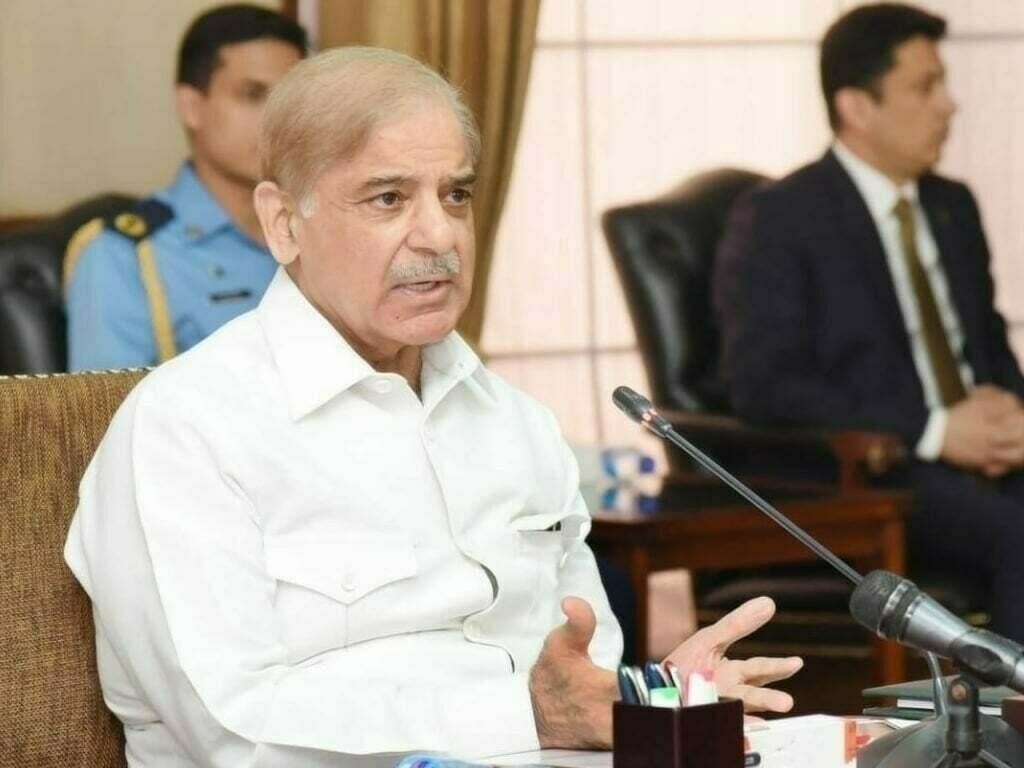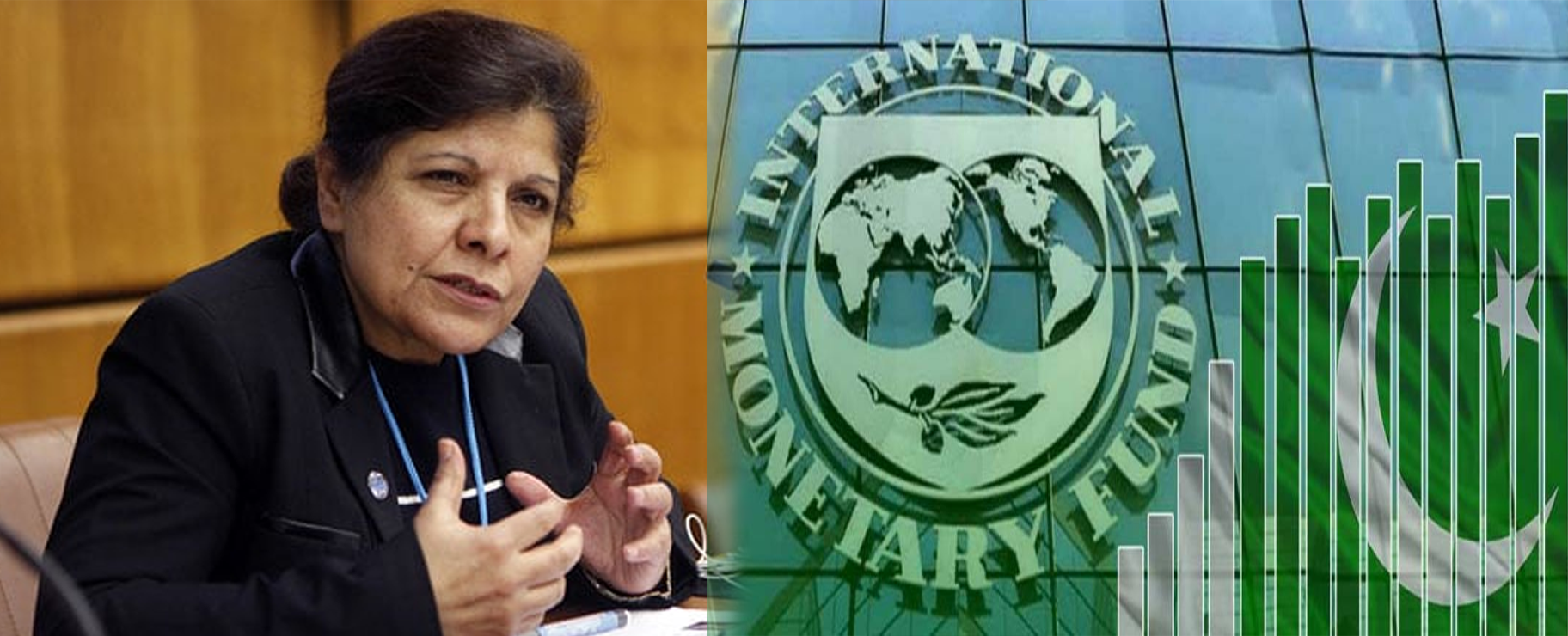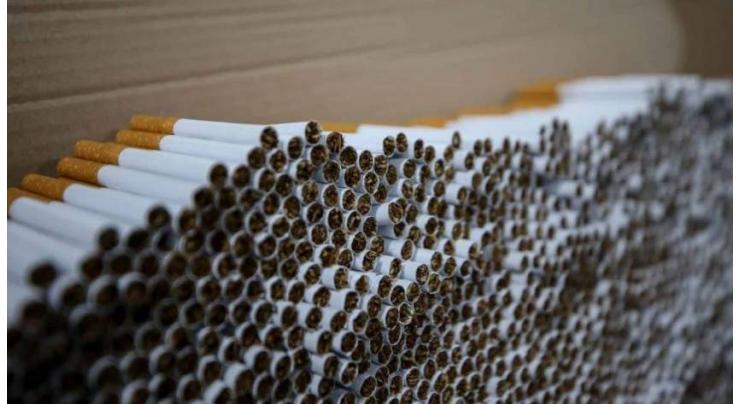PTBP Web Desk
The Federal Board of Revenue (FBR) is gearing up to introduce a digital tracking system for freight vehicles across Pakistan. The initiative was reviewed in a high-level meeting chaired by Prime Minister Shehbaz Sharif, where comprehensive briefings were presented on the technology-driven monitoring measures being undertaken to strengthen tax collection and clamp down on smuggling.
During the session, FBR Chairman Rashid Mahmood Langrial briefed Prime Minister Shehbaz Sharif on the scope and significance of the digital monitoring system. According to Langrial, the system involves the installation of e-tags and digital devices on freight trucks traveling across major highways, which will enable real-time tracking of goods movement.
The tracking technology will be rolled out in two phases: the first phase will involve a pilot launch in one city to evaluate operational performance and effectiveness. The second phase will expand the program nationwide, covering all major trade routes and logistics hubs.
By digitizing the freight transport network, the government aims to modernize economic infrastructure, strengthen trade regulation, and boost tax revenue, particularly sales tax collection. The initiative will also serve as a powerful tool to detect and stop the movement of smuggled goods.
The meeting also reviewed measures being implemented to digitize import and export monitoring at key entry and exit points, including ports and airports. Officials revealed that the digital monitoring system will be connected to both local and international trade databases, facilitating automated cross-verification of trade documents and goods movement.
Most importantly, artificial intelligence (AI) will be deployed to detect anomalies, flag suspicious shipments, and trace patterns of tax evasion or smuggling. This digital ecosystem will help authorities swiftly respond to violations and prevent revenue leakages.
In a continuation of its sectoral monitoring approach, the FBR has also deployed specialized teams to oversee production and sales reporting in industries notorious for tax evasion. These sectors include tobacco, beverages, steel, cement, and even poultry feed and hatcheries.
Following the example of electronic monitoring introduced in the sugar industry, this approach will improve transparency in other sectors where under-reporting of sales tax has historically plagued revenue collection.
The Prime Minister stressed the importance of strengthening these sectoral reforms. He instructed FBR officials to fast-track the implementation of tax reform initiatives and adopt all necessary technologies that help bring undocumented transactions into the formal economy.
Prime Minister Shehbaz Sharif made it clear during the meeting that the government’s priority is to support honest taxpayers and streamline compliance processes for law-abiding businesses. However, he also issued a stern warning to tax evaders.
“There will be no concessions for tax dodgers. We will pursue strict legal action against those involved in evasion or smuggling,” said the Prime Minister, underlining the government’s commitment to broadening the tax net.
Despite these digital reform efforts, the FBR has encountered a substantial shortfall in its revenue collection. According to the official data, the FBR collected Rs9.3 trillion during the July-April period of FY25, falling short of its budgeted target of Rs10.13 trillion by a staggering Rs831 billion.
This shortfall has been attributed to two primary factors: a sharp decline in import volumes and lower-than-expected inflation, both of which significantly affected sales tax collections. As imports contribute a large portion of indirect taxes through customs and sales levies, the reduced volume of incoming goods directly impacts overall revenue performance.
The FBR is under increased pressure to meet fiscal goals in the final months of the financial year, and the launch of this digitized freight monitoring system is expected to contribute meaningfully toward that objective.




